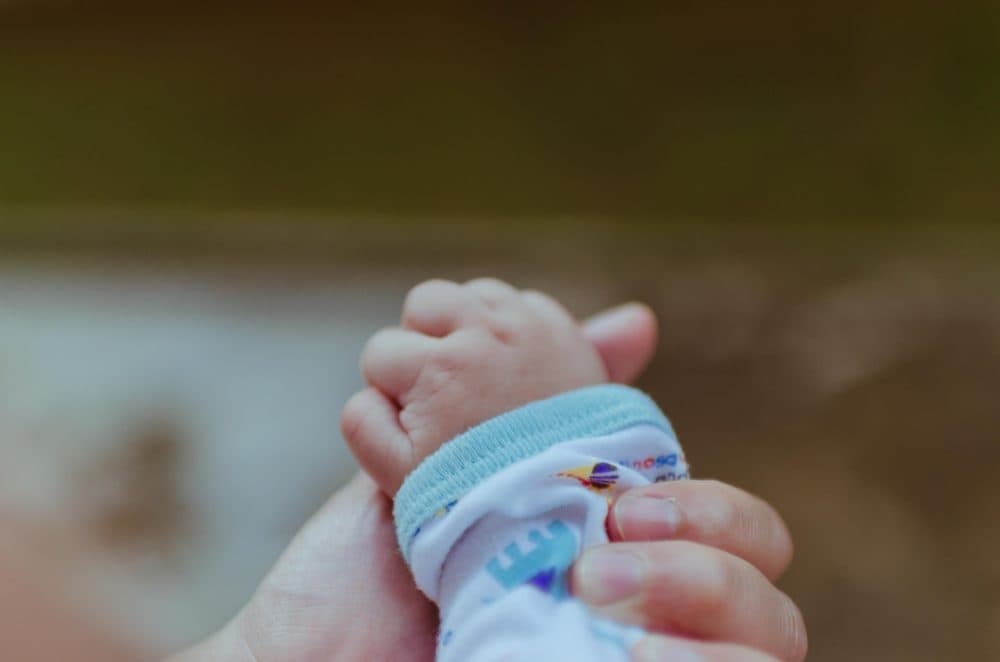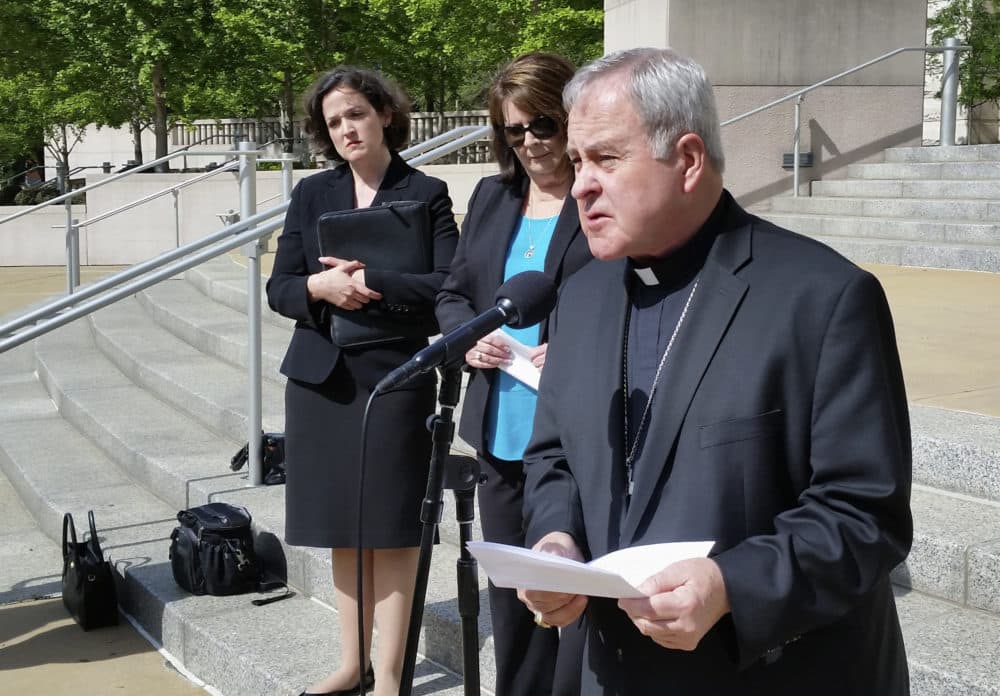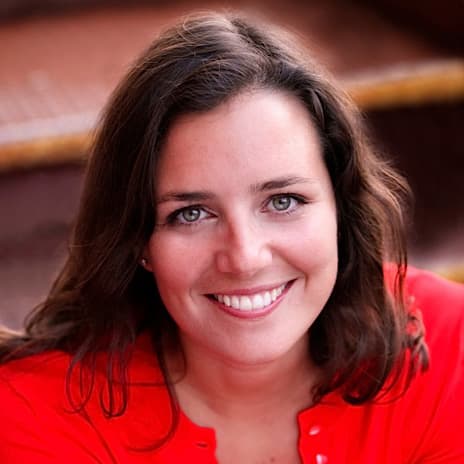Advertisement
Commentary
It's Time To End The Stigma Around Infertility. Our Newest Federal Judge Won't Help

When I tell people I’m the mother of twins, their first reaction is often to say, “You must have your hands full!” And then they ask, without skipping a beat, “Do twins run in your family?”
Usually I laugh and say, “Yep, they’re a handful.” And then I relay that my husband’s paternal grandmother had siblings who were twins. This is true. It’s also true that Grandma Joann has nothing to do with why I had two kids at the same time.
Both of my girls — all three of them actually (we have a younger child, too) — are a miracle of science, the result of in vitro fertilization or IVF.
I don’t hide this fact, but I don’t broadcast it either. Nor do I begrudge people the “do twins run in your family” question; I surmise it comes from a genuine place, plus twins really are a fun thing to talk about.
I keep it to myself because I’m a mostly private person. And based on experience, having the IVF talk in a casual encounter makes for awkward silence and stilted conversation. If I stop long enough to think about it, there’s some shame involved, too, in revealing this secret of mine that nods to the indignity and turmoil that comes with infertility.

This all came rushing back to me when I learned that the U.S. Senate voted to confirm Sarah Pitlyk to a lifetime seat as a federal judge. I’d never heard of Pitlyk until last week (she is one of more than 150 federal judges confirmed since President Trump was inaugurated). The short bio is that she’s a 42-year-old member of the Federalist Society and a former law clerk to Justice Brett Kavanaugh (when he was on the U.S. Court of Appeals) with regressive views about women’s reproductive health. Among her more extreme ideas: she opposes fertility treatments and has said that IVF and surrogacy have “grave effects on society.”
When a friend, who also has a child by IVF, tweeted a story about Pitlyk, I immediately went to share it myself — but hesitated, considering the people who might see it. Then I did it anyway, figuring my silence would only contribute to the stigma surrounding infertility. And really, struggling with infertility or relying on IVF or surrogacy to have a baby is nothing deserving of stigma. (This also isn't about politics. It's about a health issue and a medical intervention that altered the course of my life.)
Infertility in the scientific literature is “defined by the failure to achieve a clinical pregnancy after 12 months or more of regular unprotected sexual intercourse.” According to the National Institutes of Health data, 1 in 6 couples experience the condition.
Assisted reproductive technology (including IVF) is common, too. In 2017, more than 78,000 infants were born after fertility treatments, comprising 1.7% of all births in the U.S. that year. It’s especially prevalent in Massachusetts, where it’s covered by insurance (by law) and more than twice the national rate of women receive treatment.
Pitlyk has called the use of contraception an “evil,” a “seriously wrongful” act and “a grave moral wrong.” She believes that embryos should be treated like humans. And in a brief opposing the protections California gives to assisted reproductive therapy, she argued that surrogacy results in “diminished respect for motherhood.” She’s also the latest Trump nominee to receive a unanimously “not qualified” rating from the American Bar Association.
Here’s what I can tell you about IVF. It’s a remarkably unglamorous process that nobody enters without serious consideration. It involves lots of hormones, blood draws, transvaginal ultrasounds and money.
Pitlyk opposes fertility treatments and has said that IVF and surrogacy have “grave effects on society.”
My treatment happened without almost anybody knowing, in moments stolen from the office and time with friends. Like so many realities of women’s reproductive health — miscarriage and postpartum complications, for example — my situation was a searing secret for me to keep. The whole bewildering experience felt like a biology experiment, only I was the subject and my life’s whole happiness depended on the outcome.
And I had it easy. IVF worked for me. After years of trying and failing to have a child, I bore three children in less than four years. Just like that, years of desperation — because that’s what many who women undergoing IVF feel, a tireless, endless, all-consuming longing — were replaced by all the worries and busyness that come with being a parent and an adult with a life in progress.
Before I got pregnant with my third child, I wondered if using one of our frozen embryos was somehow wrong or indulgent. Wasn’t it, like, cheating somehow? (If you factor in climate change and the cost of having children, many people would argue the answer is “yes” — American society is so massively unequal that having a kid has become a privilege.) I thought maybe people like me — people who have a difficult time getting pregnant on their own — shouldn’t push our luck. But our family felt incomplete, and we didn’t want to have regret. I couldn’t bear the idea of wondering what might have been.
My IVF procedure resulted in four viable embryos. That means there’s one left, still frozen at our fertility clinic. I don’t want to be a mother of four, but I’d be lying if I didn’t admit to sometimes daydreaming about the possibility.
I believe the remaining embryo is a collection of cells and genetic material, not a person; and I also believe it should be my (and my husband’s) choice about what happens to it.
The newest member of our federal judiciary would disagree.
